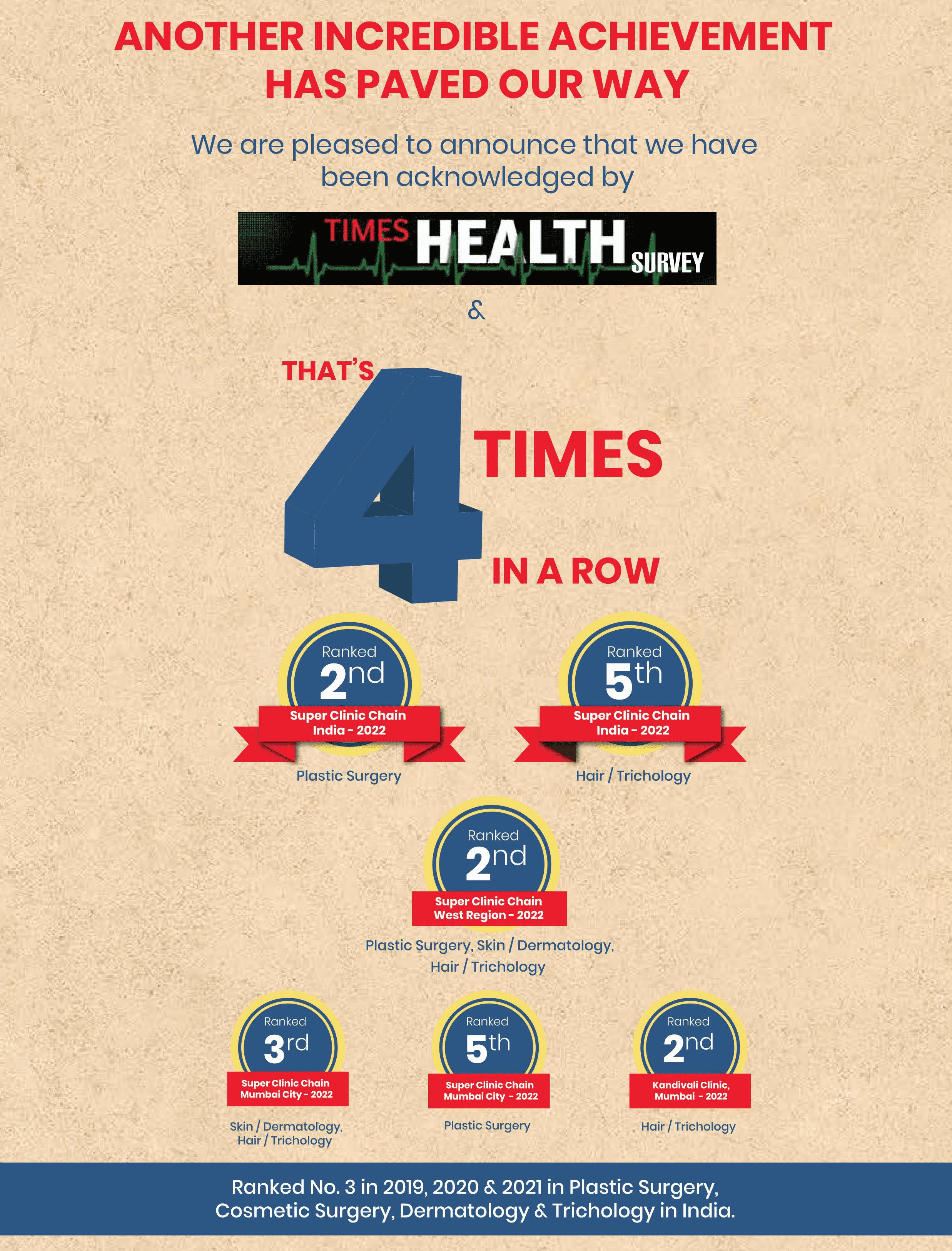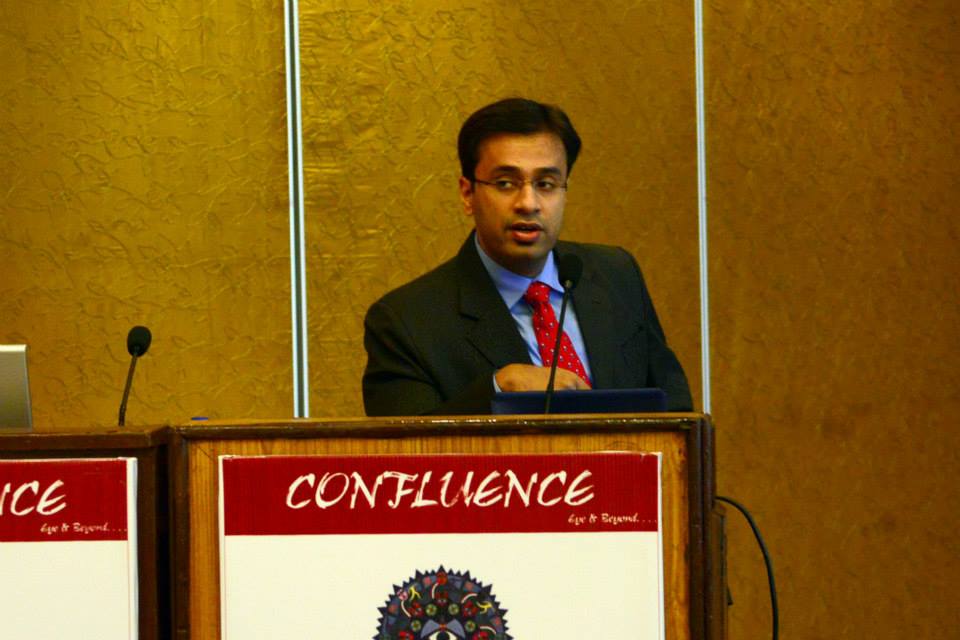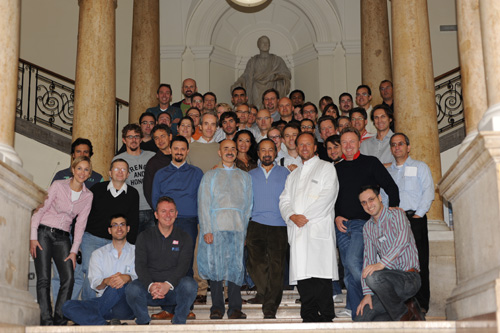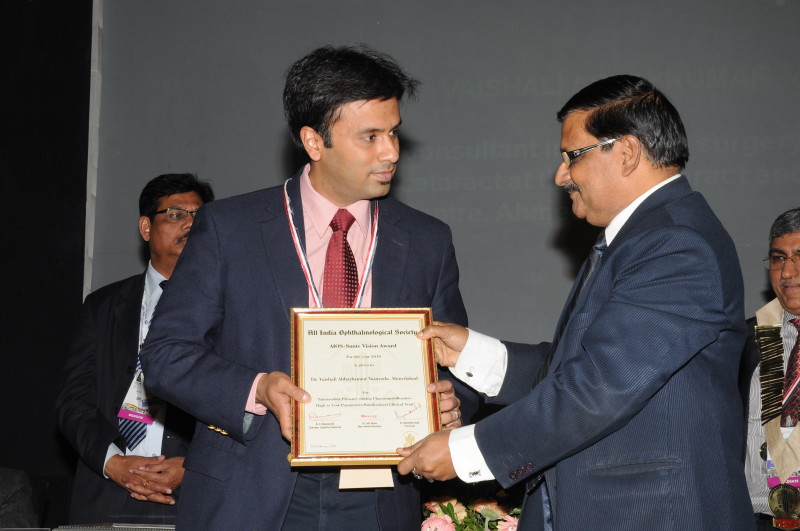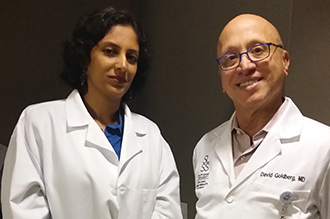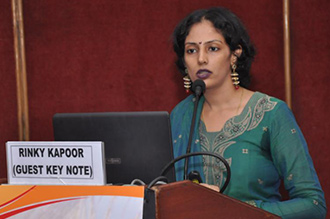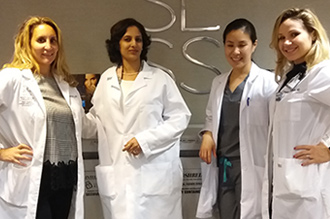The canine space describes the area between the facial muscle (caninus muscle) that originates from the canine fossa, a depression in the upper jawbone, and the triangular facial muscle (quadratus labii superioris muscle) that is responsible for the facial expression and the elevation of the lip. The space is thus bound by the cartilagines nasi (nasal cartilages) at the anterior side; quadratus labii superioris to the superior; oral mucosa of the maxillary labial sulcus on the inferior while its deep border is created by the caninus muscle and quadratus labii muscle occupying the superficial area.
Canine space infection is one issue that is capable of compromising the health of the oral cavity to a considerable extent. The mechanism of canine space infection is such that it starts from the apices of the root of the maxillary (upper jawbone) teeth at the front of the mouth – the canine is the tooth often largely involved in this respect. The particularity of the canine to this infection is primarily a function of its length which promotes the erosion [of the infection] through the alveolar bone that is superior to the quadratus labii superioris. The maxillary first premolar is another tooth known to register as a source of canine space infection. It is on the back of this that the swelling that causes the obliteration of the nasolabial fold evolves, and when the infection is left unaddressed, it spreads through to the canthus of the eye. Canine space infection has been implicated in other severe complications; an example is a condition called thrombophlebitis wherein blood clots in the angular vein of the face.
Let us now see some of the signs that are usually noticeable with the onset of canine space infection.
Like every other dental infection, canine space infection should not be left unattended; this is even more important considering how it can lead to (other) severe conditions. Hence, early diagnosis is highly vital. Upon visiting the clinic nearby for canine space infection, the specialist will closely examine you to take note of some primary features. He/she will first observe your airway to see that it is functioning to some satisfactory degree. Where a stable airflow is not attainable, the specialist will take certain steps to help you recover an appreciable airway functionality as much as possible.
Moving on; your medical history will be explored, with the specialist asking you salient questions that pertain to your health. To this end, you should prepare ahead of time to provide information about the symptoms you have been having, as well as the time you started experiencing them. Also, the frequency of the reactions and whatever steps – use of over-the-counter medications, home care measures, etc. – you might have taken in a bid to alleviate the symptoms should be communicated. You should write this information down on the blank pages of a book before the date of your first appointment. This will ensure that you do not forget some important information, and will even make your first consultation flow smoothly. Your vital signs will be examined and appropriately recorded, with the specialist closely observing you to see if you are having fever chills. Also, your oral cavity and other anatomical structures that may be affected by the infection will be checked. Furthermore, diagnostic imaging examinations will be conducted to have a much more comprehensive assessment of your case. All these will be valuable in ensuring that the specialist draws up a treatment course that will adequately address the canine space infection.
The treatment of canine space infection is majorly through antibiotics but the surgical approach can also be adopted in certain instances. Antibiotics such as penicillin, cephalosporin, clindamycin, macrolides, and fluoroquinolones can be used in treating canine space infection. All these antibiotics have varying actions on the bactericidal agents implicated in this condition. While penicillin and cephalosporin act to affect the disruption of the synthesis of bacterial cell wall thereby preventing further spread, others like clindamycin, metronidazole, and fluoroquinolones exhibit mechanisms of action directed at inhibiting the syntheses of specific enzymes and proteins. In most cases, however, antibiotics are used along with the incision and drainage surgical approach in the management of canine space infection. That said, it is important to state here that certain side effects have been reported with the use of antibiotics. For instance, penicillin can trigger an allergic response in some patients while clindamycin can contribute to anticoagulation as it could prevent vitamin K absorption, and may even be responsible for antibiotic-associated colitis, an infection that causes the inflammation of the colon’s inner lining. Again, fluoroquinolone is reported to lead to specific metabolic complications and toxicity concerns. Besides the aforementioned instances of side effects associated with the use of antibiotics, there is also the issue of drug resistance that may render the sole use of pharmacological intervention less effective in the treatment of canine space infection.
Surgery is recommended in the treatment of canine space infection when there is abscess within the space. This, therefore, informs the need to get rid of the pus through the incision and drainage surgical procedure. It is mainly done through the intraoral technique. Although incision and drainage can also be done by making an incision at the corner of the eye, it is a route that is less commonly trod. The reasons for this border on the scarring involved and the fact that it may fall short in completely draining the pus that is present within the canine space – hence the result may not be far-reaching at the end of the day.
In actualizing intraoral incision and drainage to treat canine space infection, the surgeon makes an incision on the vestibular mucosa thickness of the upper jawbone and then bluntly dissects the superior part of the caninus muscle to gain access to the canine space. The vestibular route is normally embraced for incision as it helps to avoid scarring of the face. Drains are thereafter placed within the space to remove the pus, thereby depressurizing the area. The surgeon will then use a suture to hold the drain securely in place – a surgical dressing may be placed over the suture. This protocol is usually done under local anaesthesia.
At The Esthetic Clinics, our specialists will always look out the best possible ways, for you. For a delicate procedure like incision and drainage, they will design a follow-up session that is tailored to ensure you are regularly monitored for the first few days after your operation. Notwithstanding, as we strive to bring quality health, you are encouraged to reach out if you notice specific changes post-operation.
Generally, to help boost your recovery, you should take to the following instructions:
It is in our best interest to see to it that cases of canine space infection in India are effectively treated – even as we look to maintain our standing as a top medical centre.
This is not a one-off cost as it entails the amount that have might been spent on antibiotics [and the surgery done] over time. This canine space infection treatment cost is determined by several variables that hover around the treatment specified for a patient, diagnostic examination, surgeon/consultation fee, and proximity of the clinic to the patient’s residence among other relevant factors. You can contact us today to give you an estimate after evaluating your situation.
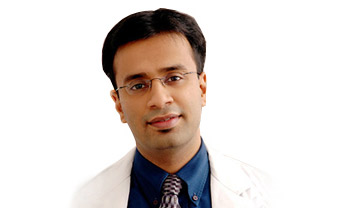

Dr. Debraj Shome is Director and Co founder of The Esthetic Clinics. He has been rated amongst the top surgeons in India by multiple agencies. The Esthetic Clinics patients include many international and national celebrities who prefer to opt for facial cosmetic surgery and facial plastic surgery in Mumbai because The Esthetic Clinics has its headquarters there.
